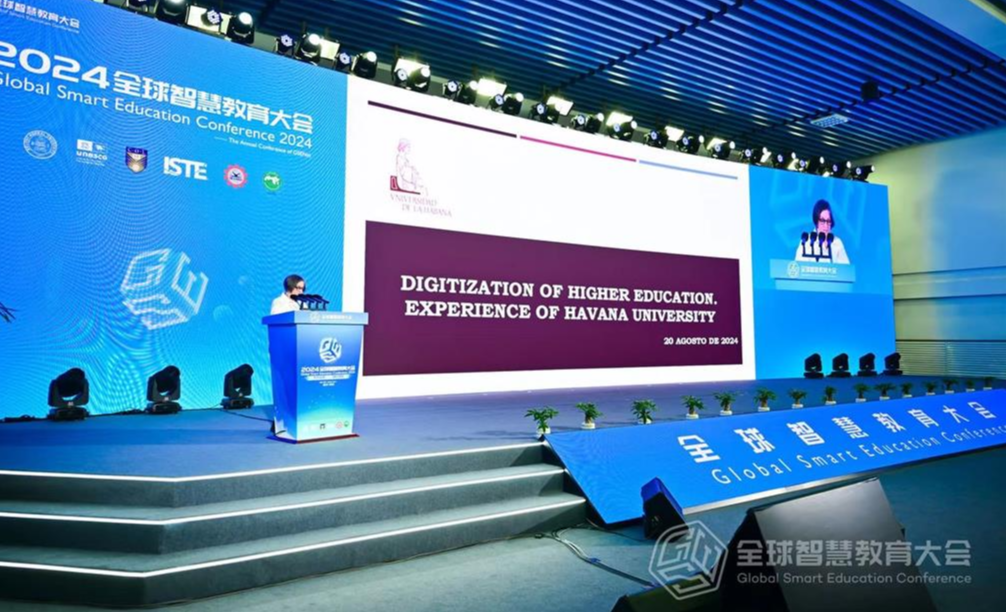
Cuba and China deepen cooperation in education and research
Beijing, August 21 (RHC) Cuba and China today deepened cooperation in education and joint research between the University of Havana (UH) and several high schools of the Asian giant.
The Vice Rector of Economics of the UH, Margarita Caballero, told Prensa Latina that bilateral cooperation in this sense began with the idea and impulse of the respective historical leaders of each country.
"Sixty years ago, our Commander-in-Chief Fidel Castro paid special attention to the first groups of Chinese who came to study Spanish in Cuba, and then in 2006 he resumed this program," she explained.
According to Caballero, the University of Havana's Spanish degree program was created in 2007, and in 2009 the Confucius Institute was established, which is celebrating its 15th anniversary of promoting Chinese language and culture on the island.
The UH has 67 framework agreements with Chinese universities and is currently taking the first steps towards academic cooperation with Tsinghua University, one of the most prestigious in China.
On the other hand, "we are working with the Chinese side in the creation of the Havana College, whose file is in the process of approval and which will constitute a joint center for learning Spanish with the consent of professors from both countries," she said.
The Vice Rector mentioned that the UH is part of the Alliance on the Belt and Road Initiative, the Global Digital Education Alliance, the China-Latin America Alliance for Innovation, Research and Agricultural Education, among others.
This participation, coupled with Cuba's position in regional academic organizations, allows us to be a natural bridge between China-Cuba and China-Latin America and the Caribbean, she explained. Caballero noted that his visit to the Asian giant takes place within the framework of the Global Intelligent Education Forum, which will be held from the 18th to the 20th of this month.
According to the Vice Rector, in that event she presented the links between digitalization and the education system in the largest of the Antilles, explained the efforts and political will to insert the island in the digital transformation, and mentioned the experiences during the pandemic in the promotion and graduation of students with non-face-to-face classes.
"We also promoted the scientific conference Saber UH 2025 and invited Chinese teachers and students to participate in this event next May 28-30 in Cuba," she said.
Caballero described as excellent the ties of friendship and cooperation in education between the two countries for more than 60 years, while expressing confidence in new opportunities to expand these exchanges. (Source:PL)

